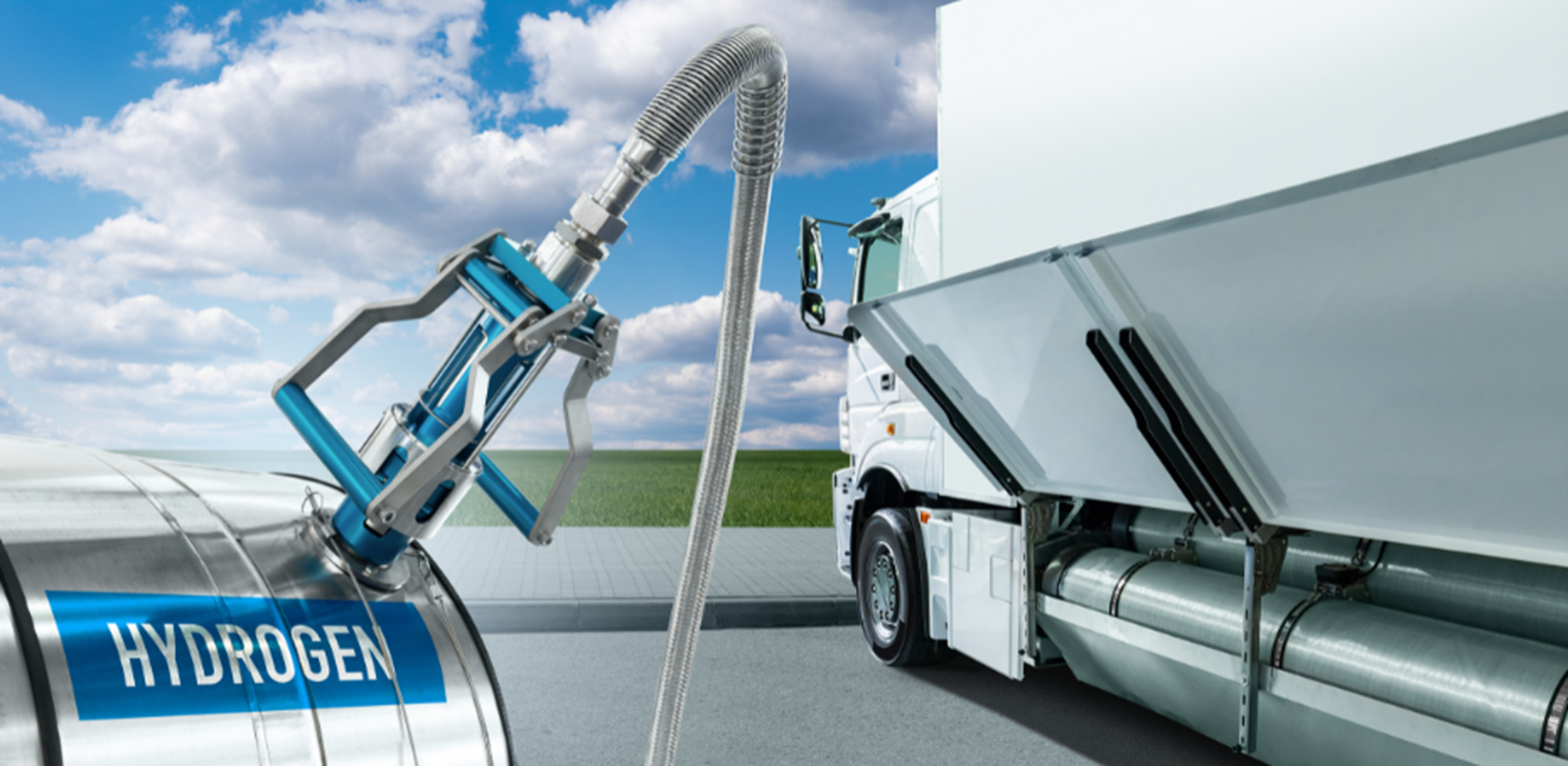Expert Witness – Hydrogen Fuel Cells
As hydrogen fuel cells move forward in the clean energy space, expert witnesses with this expertise are becoming essential in patent, environmental, product safety, and regulatory cases. Hydrogen fuel cells offer a sustainable energy solution by converting hydrogen into electricity with zero emissions, breakthroughs across transportation, and power generation. As technology advances, it brings new complexities and potential disputes. Expert witnesses are crucial in untangling the technical and regulatory knots. Here’s a look at hydrogen fuel cells, what it takes to be an expert witness in this space, and how they can help in litigation.

What are Hydrogen Fuel Cells?
Hydrogen fuel cells are devices that produce electricity through an electrochemical reaction between hydrogen and oxygen. Unlike combustion engines, hydrogen fuel cells produce electricity with only water vapor as a byproduct. They are ideal for applications that require high energy efficiency and low emissions, such as electric vehicles, stationary power generation, and backup power systems. This emerging technology is seen as a key part of the global effort to reduce carbon emissions and combat climate change.
Expert Witness Credentials in Hydrogen Fuel Cells
An expert witness in hydrogen fuel cells will have a deep understanding of the science behind fuel cells and the practical applications of the technology. Key qualifications are:
Advanced Degrees in Relevant Fields: Most expert witnesses have advanced degrees in chemical engineering, electrochemistry, or materials science, so they have a solid foundation in the technical principles of hydrogen fuel cells.
Industry Experience: Hands-on experience in fuel cell research, development, or implementation is essential. Many experts have experience in R&D for fuel cell technology, manufacturing processes, and commercial applications.
Regulatory Compliance: Knowledge of regulations from agencies like the Department of Energy (DOE), Environmental Protection Agency (EPA), and Occupational Safety and Health Administration (OSHA) is important, especially when it comes to safety standards and environmental impact.
Publications and Patents: Many expert witnesses have published peer-reviewed research or have patents in hydrogen fuel cell technology, which adds to their credibility and expertise.
Professional Affiliations: Membership in organizations like the Hydrogen and Fuel Cell Association (HFCA) or the American Institute of Chemical Engineers (AIChE) keeps experts current with industry research and standards.
Types of Litigation in Hydrogen Fuel Cells
As hydrogen fuel cell technology advances, several types of litigation are emerging. The most common are:
Patent Infringement and IP Disputes: Patents are valuable assets in fuel cell development, and IP disputes arise as companies compete for new technology. Expert witnesses review technical specifications and compare patented technology to evaluate claims of infringement.
Product Liability and Safety Issues: In cases where hydrogen fuel cells are alleged to have caused harm or failed, expert witnesses examine the design, manufacturing, and operational protocols to determine if the product met safety and performance standards.
Environmental Litigation: With the increasing focus on clean energy, environmental claims may arise around fuel cell emissions reduction and environmental benefits. Experts review the technology’s emissions profile and verify if it meets environmental claims.
Regulatory Compliance and Standards: Regulatory issues in hydrogen fuel cell litigation are common, especially around federal and state emissions and safety regulations. Experts determine if a product or process meets legal standards, and advise on the industry’s best practices.
Contract Disputes in Technology Development: Hydrogen fuel cells often involve collaborative R&D contracts. Disputes may arise when one party believes the other has not met development milestones, failed to meet technical standards, or misused proprietary technology. Expert witnesses clarify technical requirements and contractual compliance.
How Expert Witnesses in Hydrogen Fuel Cells Help in Litigation
Expert witnesses in hydrogen fuel cells are crucial in litigation, providing technical expertise and clarity on complex issues to achieve a fair outcome. Here’s how they help:
Technical Analysis and Testimony: Experts simplify electrochemical and engineering concepts so judges, juries, and legal teams can understand the science behind hydrogen fuel cells and their applications.
Patent Validation and Infringement Analysis: Fuel cell development is competitive, so expert witnesses can evaluate the originality and functionality of patented technology and give an opinion on whether one design infringes another’s IP.
Product Safety and Compliance Review: Experts review the product design, materials, and manufacturing process to determine whether a hydrogen fuel cell meets industry safety standards, a key factor in product liability cases.
Environmental and Regulatory Advice: Expert witnesses with regulatory knowledge strengthen compliance and environmental cases by ensuring compliance with federal and local emissions, safety, and performance standards regulations.
Credibility in Court: Expert witnesses bring credibility to the court with their technical backgrounds and industry expertise. Their knowledge clarifies complex topics and supports case arguments with facts.
Summary
Hydrogen fuel cells are a new frontier in the move to clean energy, but as technology advances, so do the legal issues around its development and use. Expert witnesses in hydrogen fuel cells are crucial for companies and legal teams in litigation, providing clarity on technical disputes, environmental claims, and IP disputes. With their technical expertise, they help bridge the gap between new technology and legal standards to achieve fair and informed outcomes for the industry and society’s goal of a cleaner, greener world.
About LEC Partners (formerly LEC Partners)
LEC Partners was founded in 1995 and currently has over 180 experts worldwide. These working experts are renowned, hand-selected leaders, with over 97% holding advanced degrees and averaging over 30 years in their respective fields.
Have some questions?
Not sure where to start?
Let's start a conversation. We're here to help you navigate
the bioeconomy with confidence.

